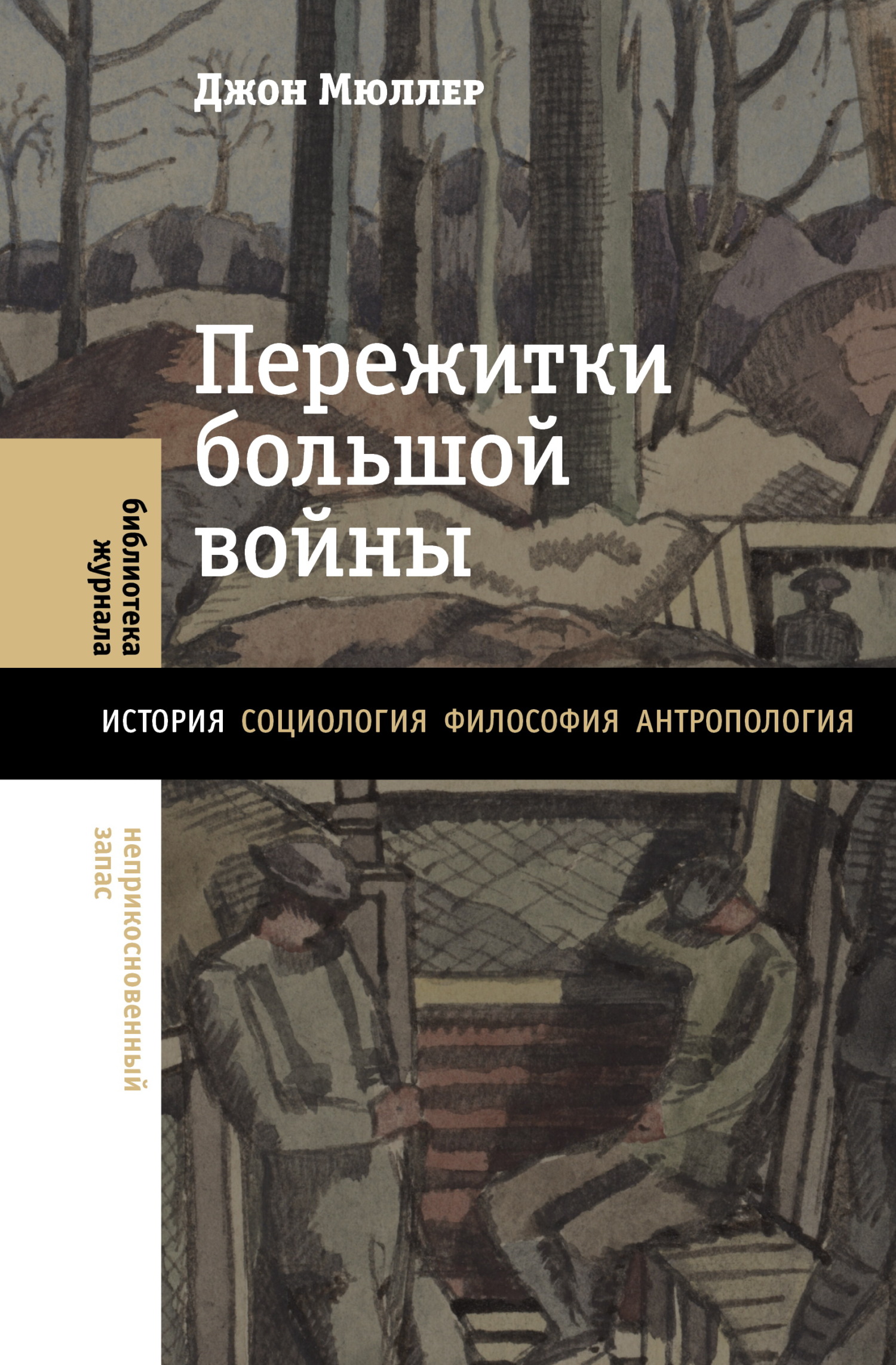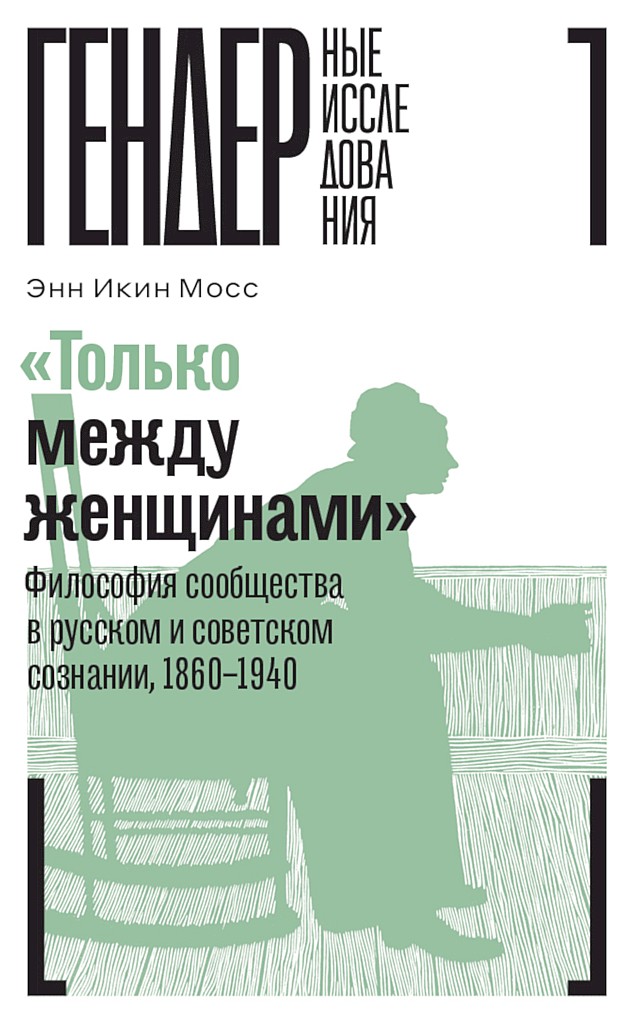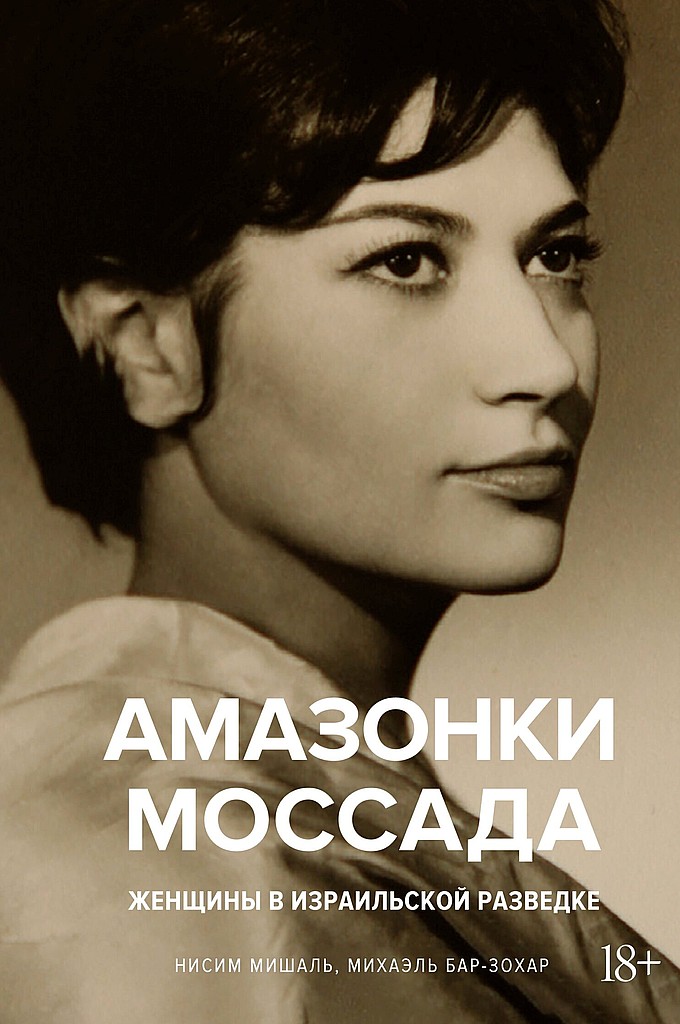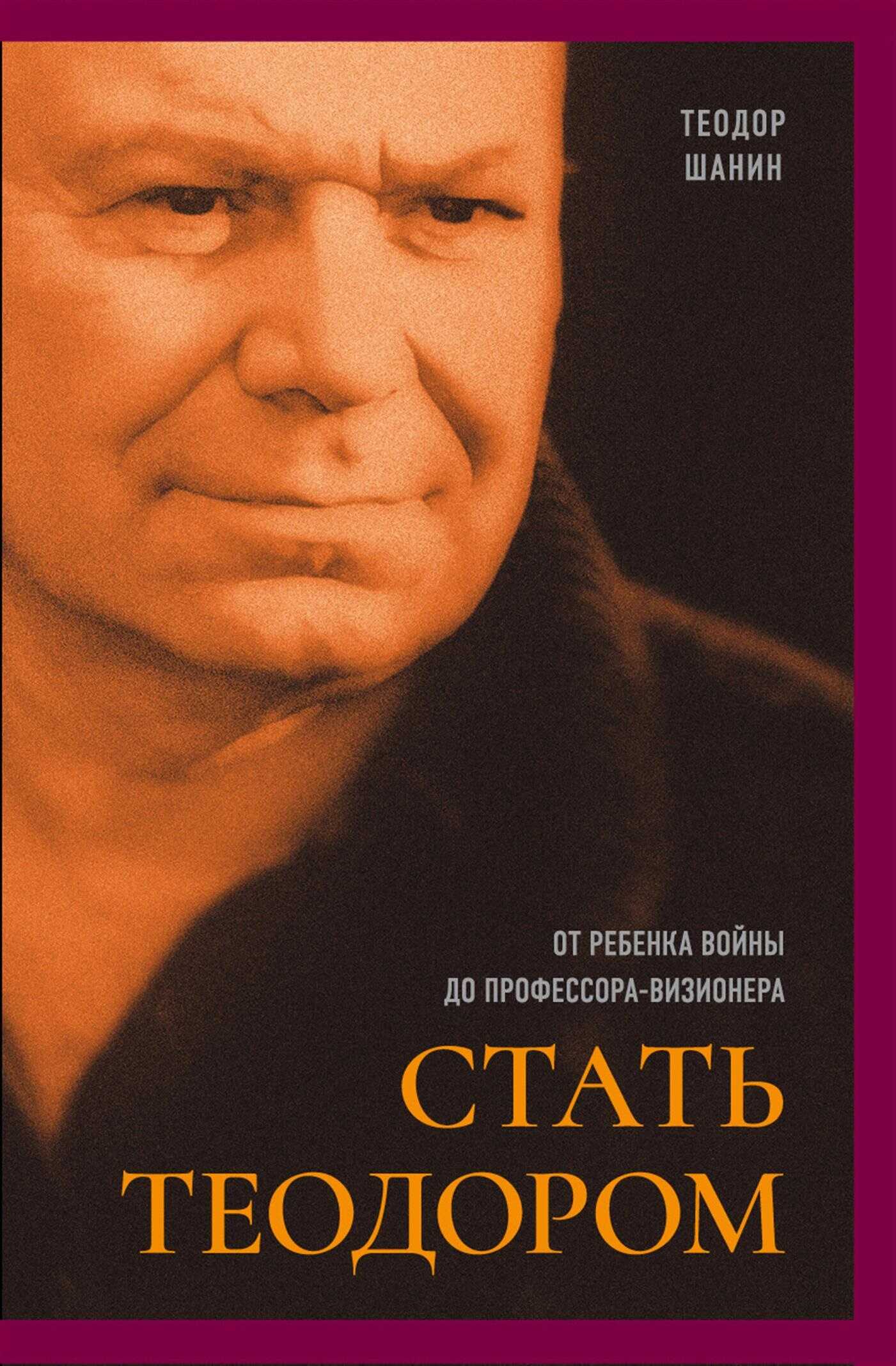Книга Сообщество как городская практика - Талья Блокланд
Читать книгу Сообщество как городская практика - Талья Блокланд полностью.
Шрифт:
-
+
Интервал:
-
+
Закладка:
Сделать
Перейти на страницу:
Перейти на страницу:
Книги схожие с книгой «Сообщество как городская практика - Талья Блокланд» от автора - Талья Блокланд:
Комментарии и отзывы (0) к книге "Сообщество как городская практика - Талья Блокланд"












